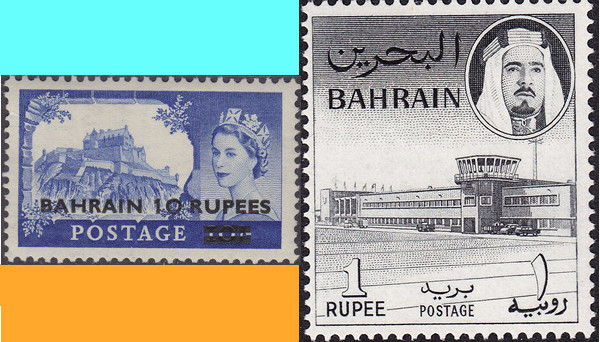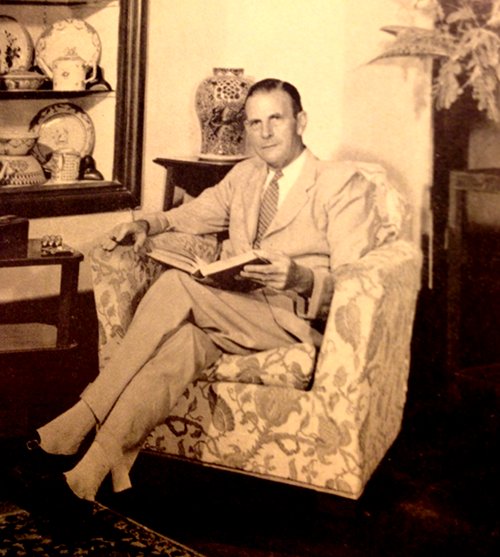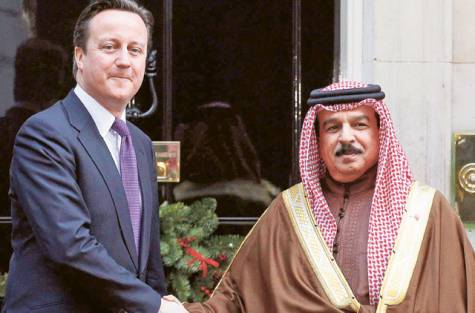British Prime Minister David Cameron welcomes Bahrain's King Hamad in London, 12 December 2011
Adam Curtis writes on his "The Medium and the Message" on the BBC website:
Bahrain, along with Syria, has become a symbol of the failure of the Arab Spring to deliver real democracy and freedom across the Arab world. The media in Britain portray a rigid, oppressive almost feudal elite who are stubbornly holding out against the inevitable wave of modern freedoms and political justice.
But what is hardly ever mentioned in the press and TV reports is that this very system of oppression, the rock against which the dreams of democracy are being dashed, was largely created by the British. That, throughout most of the twentieth century, British advisers to the Bahraini royal family, backed up by British military might, were central figures in the creation of a ruthless system that imprisoned and sometimes tortured any Bahraini citizen who even dared to suggest the idea of democracy.
The same British advisers also worked with the rulers of Bahrain to exercise a cynical technique of divide and rule --- setting Shia against Sunni in a very successful attempt to keep Bahrain locked in an old, decaying and corrupt system of tribal and religious rivalries. The deliberate aim was to stop democracy ever emerging.
The Bahrainis know this, practically everyone else in the Arab world knows this --- the only people who seem to have forgotten are the British themselves.
So I thought I would tell the story of Britain's involvement in the government and the security of Bahrain over the past 90 years. Especially as the present King of Bahrain is coming to have lunch with the Queen on May 18th.

It began in the summer of 1925 when a young administrative officer in the British Colonial Service called Charles Belgrave read an advertisement in the middle of the "Personal Column" in The Times. It said:

Belgrave answered the mysterious advertisement and was then summoned to an interview in a West End hotel. His interviewer turned out to be one of the heads of the India Office - the government department which ran that part of the British Empire.
What Belgrave was offered was the job of being the British "adviser" to the new ruler of Bahrain, Sheikh Hamad bin Isa Al Khalifa. The precise nature of the job was a bit murky (a murkiness that was going to run through this whole story). On the surface Belgrave would be completely independent of the British government - but what was also clear was that he was being sent there to deal with growing demands for reform and modernization that might threaten Britain's interests.
Ever since 1820 the British had dominated Bahrain. The Al Khalifa family ruled, but in reality it was protectorate whose affairs were "guided" by the British. In 1923 the previous ruler had gone berserk and started terrorising his people - so the British had removed him and installed his son. It was clear to Belgrave what his job was - to create a more centralised form of control in Bahrain and to manage the instability created by the previous ruler's reign of terror.
Belgrave took the job. And here is a picture of him sitting happily in "the Adviserate drawing room"

Belgrave soon became very powerful - and by the 1930s he was in effect running the government of Bahrain. The thing that gave him a supreme ability to manage any dissent was the fact that he ran the courts. Bahrain had no legal code - which allowed Belgrave as judge enormous power. Belgrave described it in his autobiography:
"I found that there was no written code in Bahrain so judgements had to depend on common sense alone. It was rough and ready justice, but it had the advantage of being speedy.
I sat three days a week with a minor Shaikh who was deaf, dull and averse to making decisions. When I asked his opinion he invariably replied, 'I think the same as you Excellency; I agree with whatever you say."
Many Bahrainis soon became convinced that Belgrave was using his power to make sure that the status quo was maintained and to prevent a modern, democratic political system developing. And in the 1950s this anger with Belgrave burst out in a dramatic and violent way - a popular revolt and demands for democracy uncannily like the events unfolding in Bahrain today.
It started in 1953 when a Shia religious parade was stoned and then a Shia neighbourhood attacked by groups of Sunni fanatics. Many believed that it was a deliberate provocation - to create sectarian divisions. People noticed that among the attackers were members of the ruling family including the brother of the Sheikh.
